A matter of faith: chaplaincy at Trinity
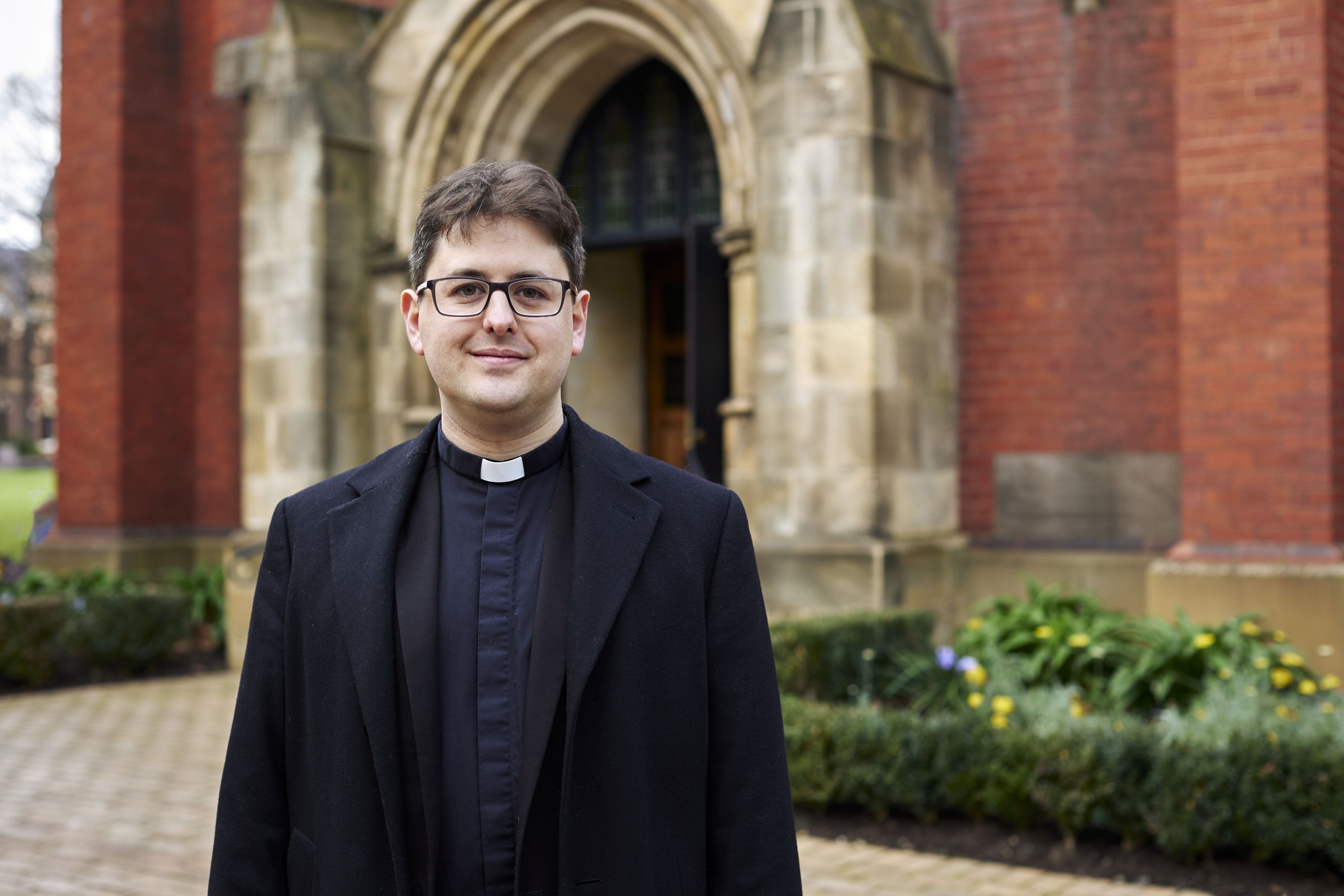
The ever-changing role of chaplaincy at Trinity College reflects the dynamism of religious instruction over the past 150 years. Here we look at the influence of chaplaincy and religious worship throughout Trinity’s history.
During the 19th and early 20th centuries, Anglicanism played a key role in the lives of Trinitarians. A student’s voluntary attendance at the institution signified their commitment to the Anglican faith.
At first, religious service and education at Trinity College was ingrained yet informal. Following an influx of new students in 1883, however, Canon Henry HP Handfield was appointed as the first Chaplain of Trinity College to help guide and develop the collegians’ faith. Primarily, the Chaplain’s role was to offer spiritual instruction to the entire College community and oversee the training of theology students.
It was during Reginald Stephen’s tenure as sub-Warden and resident Chaplain that students procured the first petition to end compulsory Chapel attendance. It was signed by 38 students, but quickly rejected by the Board.
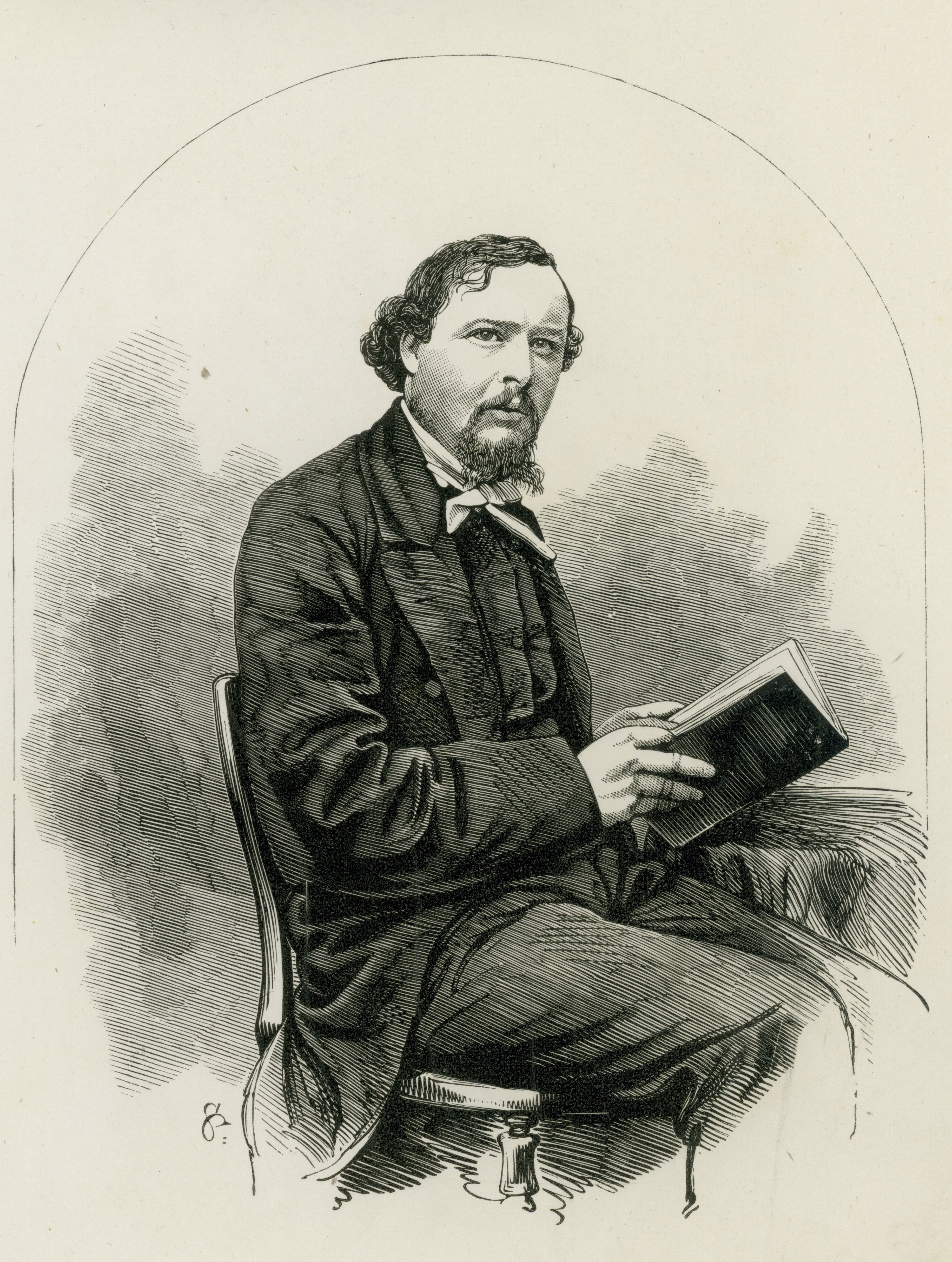
The Revd Henry HP Handfield was the first Trinity College Chaplain. Drawing: Samuel Calvert.
The Revd Henry HP Handfield was the first Trinity College Chaplain. Drawing: Samuel Calvert.
In 1919, the second petition that called to abolish compulsory attendance at Chapel was put forth to the College executive. The Council at the time consisted of many former students, prompting the Warden to take discussions with the petitioners seriously. This time, the petition was successful, on the grounds that there was a desire among the student body to disassociate the concepts of compulsion and faith, in turn enriching the religious experience for all students. The relaxed stance on Chapel attendance lasted only two years, however, and in 1921 fines were issued to those who did not attend Chapel services.
The Chaplain’s role and influence during these years of flux was often hinged on the student body’s sentiment towards religious education and practice at the time.
One Chaplain who managed to inspire a positive attitude towards religion among the students was Robert Sutton, who was appointed in 1925. His charming and sociable personality, combined with his commitment to raising the standard of worship at Trinity, resulted in a long and fruitful seven-year tenure. It is said that Sutton referred to his on-campus lodgings as ‘the Vatican’. In recognition of Sutton and his achievements, Vatican Lawn remains a popular common space for students, staff and alumni today.
Despite fluctuating attitudes towards religion throughout Trinity’s history, Anglicanism has always been and will continue to be significant to life at Trinity, not only through our Theological School, but also through the values the College upholds.
Chaplains still play an important role at Trinity, providing guidance and counselling to all students, regardless of their faith background – whether it be helping students work through academic or life issues or helping to marshal resources in times of need.
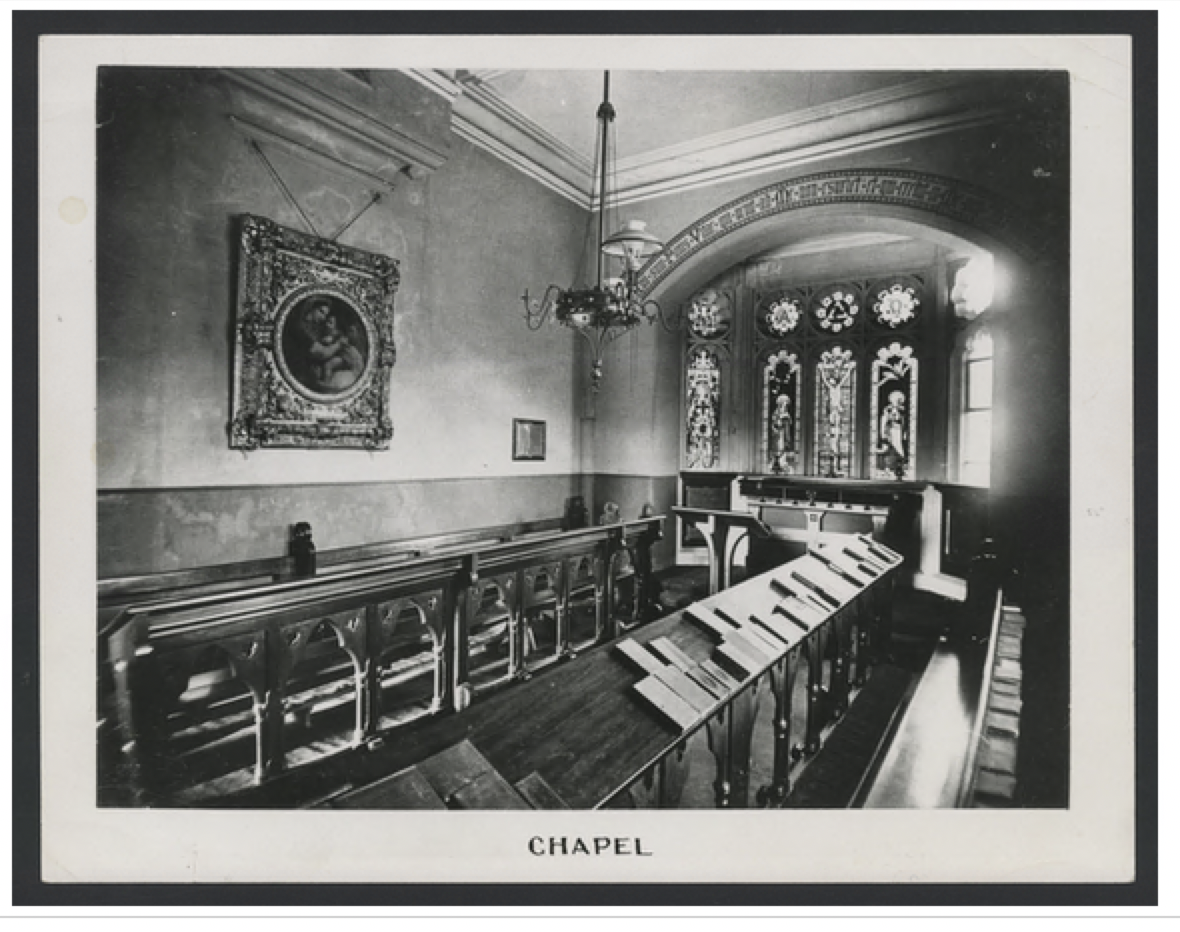
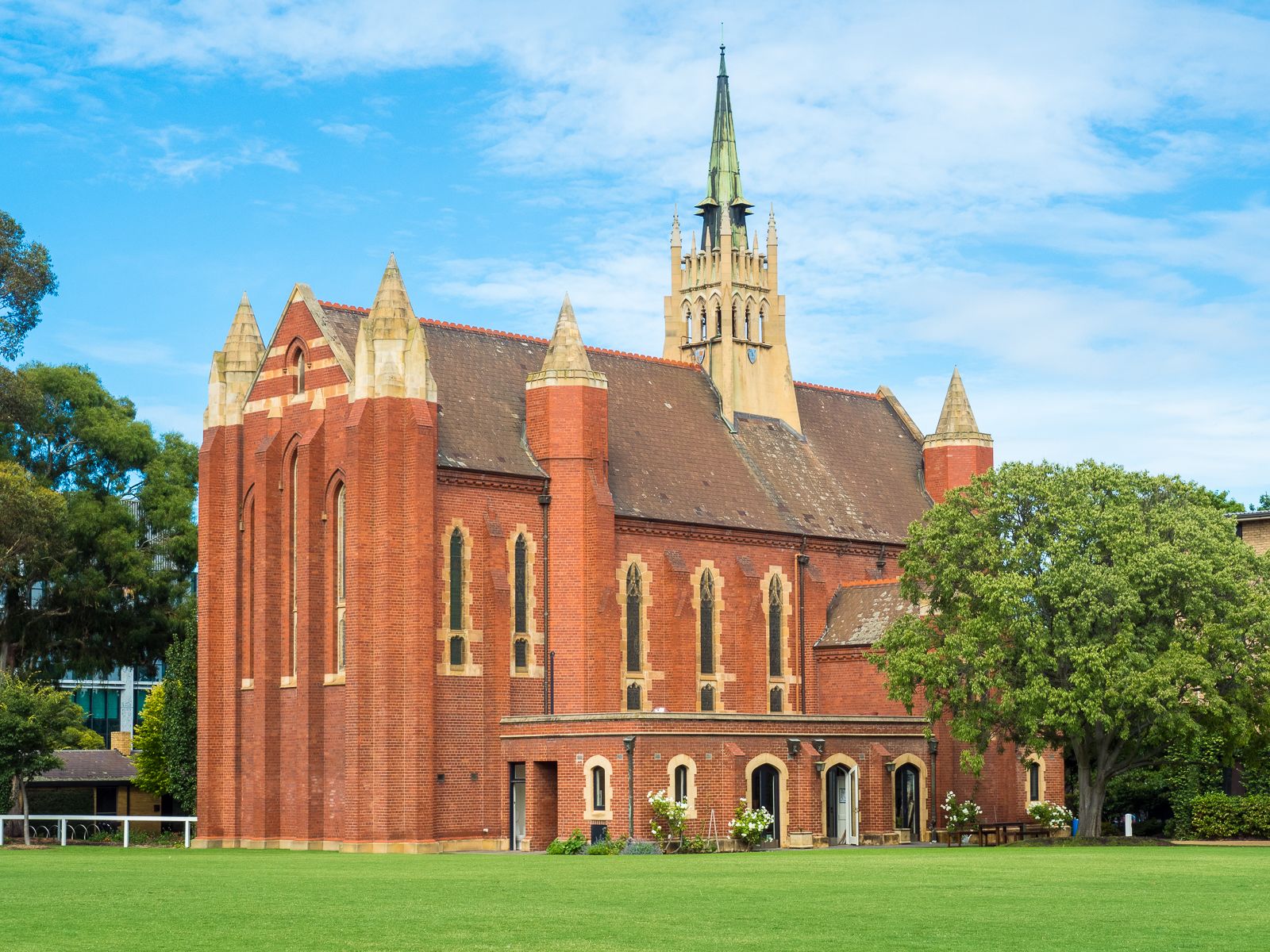
In 2022, we welcomed the Revd Dr Luke Hopkins as College Chaplain. Fr Luke undertook his doctorate at the Trinity College Theological School between 2015 and 2018, and has returned to provide pastoral care to the entire College community.
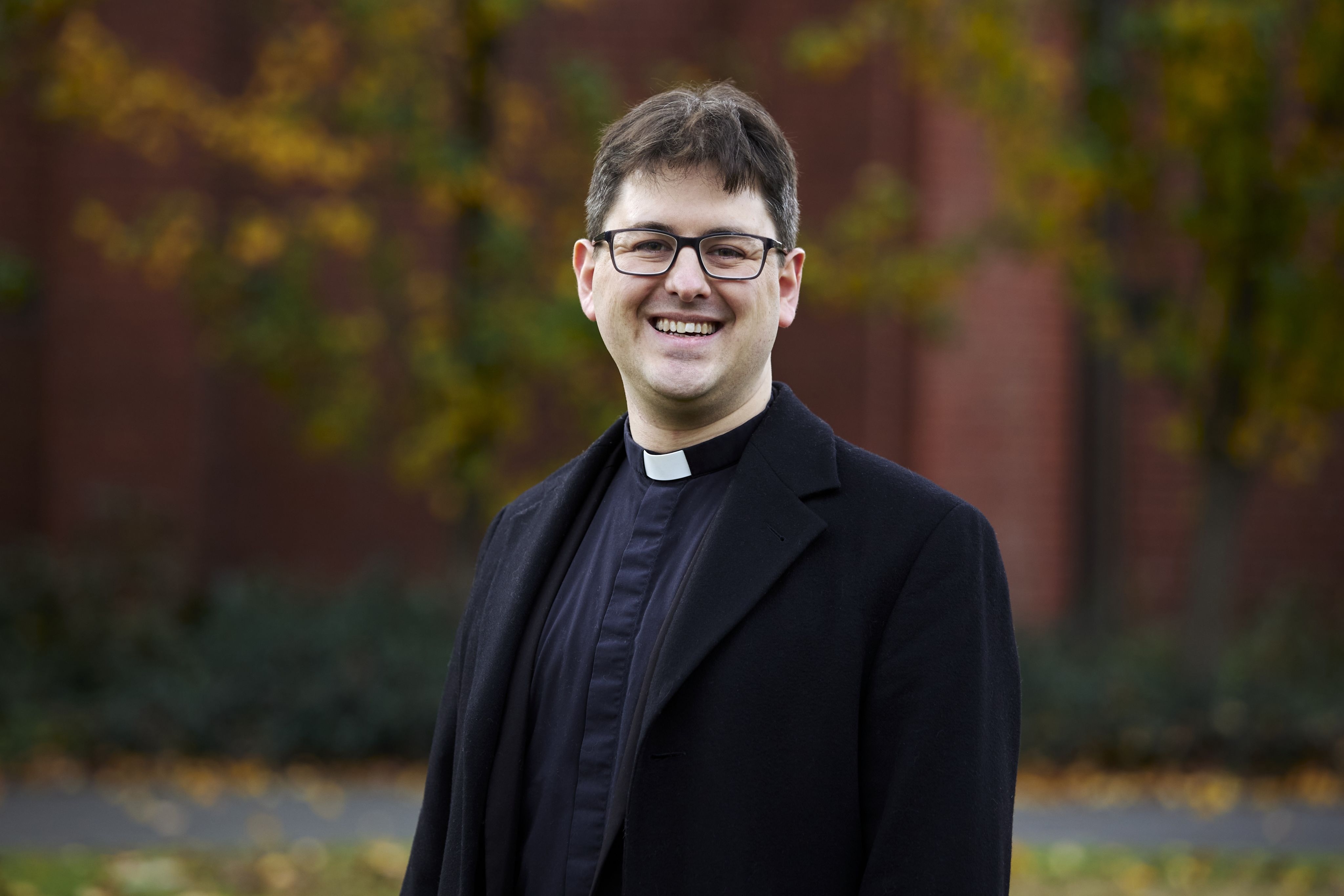
‘The role of the Chaplain has manifested itself in different ways throughout Trinity’s history, although there are a lot of commonalities. Past Chaplains at Trinity have influenced my own spiritual journey, especially my first parish priest, Fr Roger Sharr, who was a Chaplain at the College during the 1970s. I have seen for myself that supporting and nurturing the spiritual wellbeing of all students has long been a priority at Trinity and is something that drew me back to the College as Chaplain.
‘In 2022, I see my vocation as one that assists the College in continuing to express its Christian identity, as the chaplaincy helps staff and students alike to navigate the highs and lows of university life. Through prayer, academic involvement, pastoral care and coordinating the activities of the Chapel, I also have the privilege of helping to strengthen Trinity’s sense of community and foster our Anglican values with a new generation of students.’
Expressing Anglican identity
The Archbishop of Melbourne, the Most Revd Dr Philip Freier, reflects on the history of the Trinity College Theological School.



